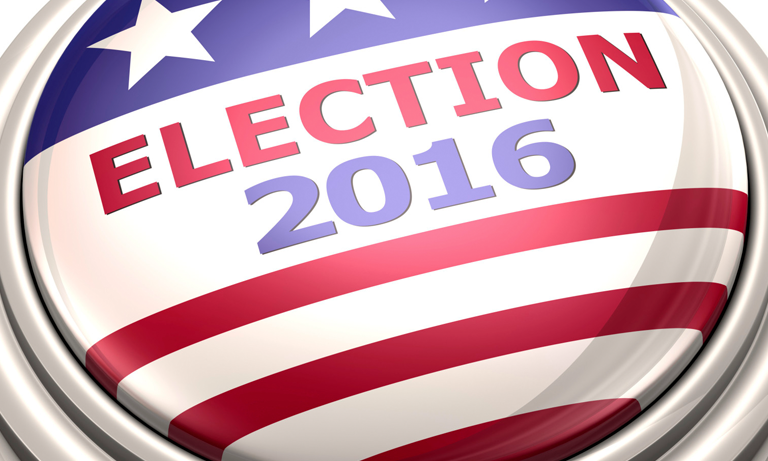 Through the First Lady, the Obama administration will leave behind a legacy of inspired young girls due to the work Michelle Obama has done over the past 8 years
Through the First Lady, the Obama administration will leave behind a legacy of inspired young girls due to the work Michelle Obama has done over the past 8 yearsAfter Hillary Clinton’s defeat in the US presidential race, many supporters felt that America’s refusal to appoint their first female President had a huge effect on their place in politics.
The figures would appear to agree with that sentiment – the Inter-Parliamentary Union ranked the USA at 100th in the world with regards to number of women within the main legislative body. Ranking behind nations with a traditionally poor record when it comes to attitudes towards women, such as Saudi Arabia and Pakistan, the US displayed a disproportionately low number of women in politics.
Women are vastly misrepresented throughout political bodies within America, only making up:
- 19% of congress members.
- Less than 25% of all state legislators.
- • 12% of governors.
- • 37% of Supreme Court judges.
While Hilary’s defeat can’t be entirely blamed on her gender, the rise of Donald Trump, despite numerous controversies which include misogyny, may make the American political stomping ground seem like a boy’s club.
However, research has suggested that women are just as likely to be elected as men, but they are found to often believe that they are underqualified to run for office and are given less encouragement to do so.
With this evidence, it could be said that the problem with America’s misrepresentation is down to a lack of supply of candidates, although this could be about to change. The election may have been a defeat for Hilary, but it wasn’t a defeat for women throughout America. Since November 8, various organisations dedicated to helping women get involved in the political sphere have seen a major spike in interest.
Non-profit group She Should Run has seen more than 5,100 sign up to their incubator programme which helps women interested in running for office and connects them to like-minded people.
Alongside this, Emily’s List, an organisation which dedicates itself to electing pro-choice, Democratic women for office, has seen an increase in interest since the election results. Since the election results, they have received $500,000 in donations. Most of these were unprompted and roughly a third were sourced from new donors.
I believe that the election shouldn’t be seen as a demoralising defeat, but more of a call to action. Our focus shouldn’t be centred on whether one person such as Trump will positively or negatively influence these numbers, instead it should be on how we harness and invest our efforts, time and resources in creating meaningful opportunities for people to enter the political arenas.
Largely, this would be making people aware of what these opportunities actually are. In my opinion, this has to be done through education at all levels and ages – harnessing the experiences of those that have broken those barriers, whilst teaching and encouraging this as a genuine career path.
While Clinton’s defeat did prove to be a blow to morale, the result has paved the way for new female politicians. It would appear that a Trump presidency is motivating even more women to pursue a career in politics.
Trump’s victory has far from destroyed the political ground for women, in fact while America may have chosen not to elect their first female President, there are those within Trump’s campaign paving the way for women in politics. Kellyanne Conway had a huge presence throughout the campaign as one of Trump’s most senior campaign advisers and, through his victory, became the first women to lead a successful presidential campaign.
Through the First Lady, the Obama administration will leave behind a legacy of inspired young girls due to the work Michelle Obama has done over the past 8 years. Hilary Clinton herself has been a huge part of US politics for decades and the overall success of her #IStandWithHer campaign shows that women do have influence and power in politics.
While some may see Clinton’s defeat as proof that the US political system is riddled with sexism, the reality is deeper than that. Hilary herself wasn’t a perfect candidate and some aspects of her current track record didn’t reflect well.
The results of the election may have been an upset for many, but it should not be seen as negative for women looking to enter the political sphere. Instead it could serve as motivation to run for positions within the Senate, House and even for the presidency. Influencing from within is one of the most effective ways to help increase representation and hopefully female candidates will be able to build on the incredibly close election race.
By Adam Cave, MD of Murray McIntosh
Join Over 40,000 Recruiters. Get our latest articles weekly, all FREE – SEND ME ARTICLES
Recruiters love this COMPLETE set of Accredited Recruitment & HR Training – View Training Brochure








